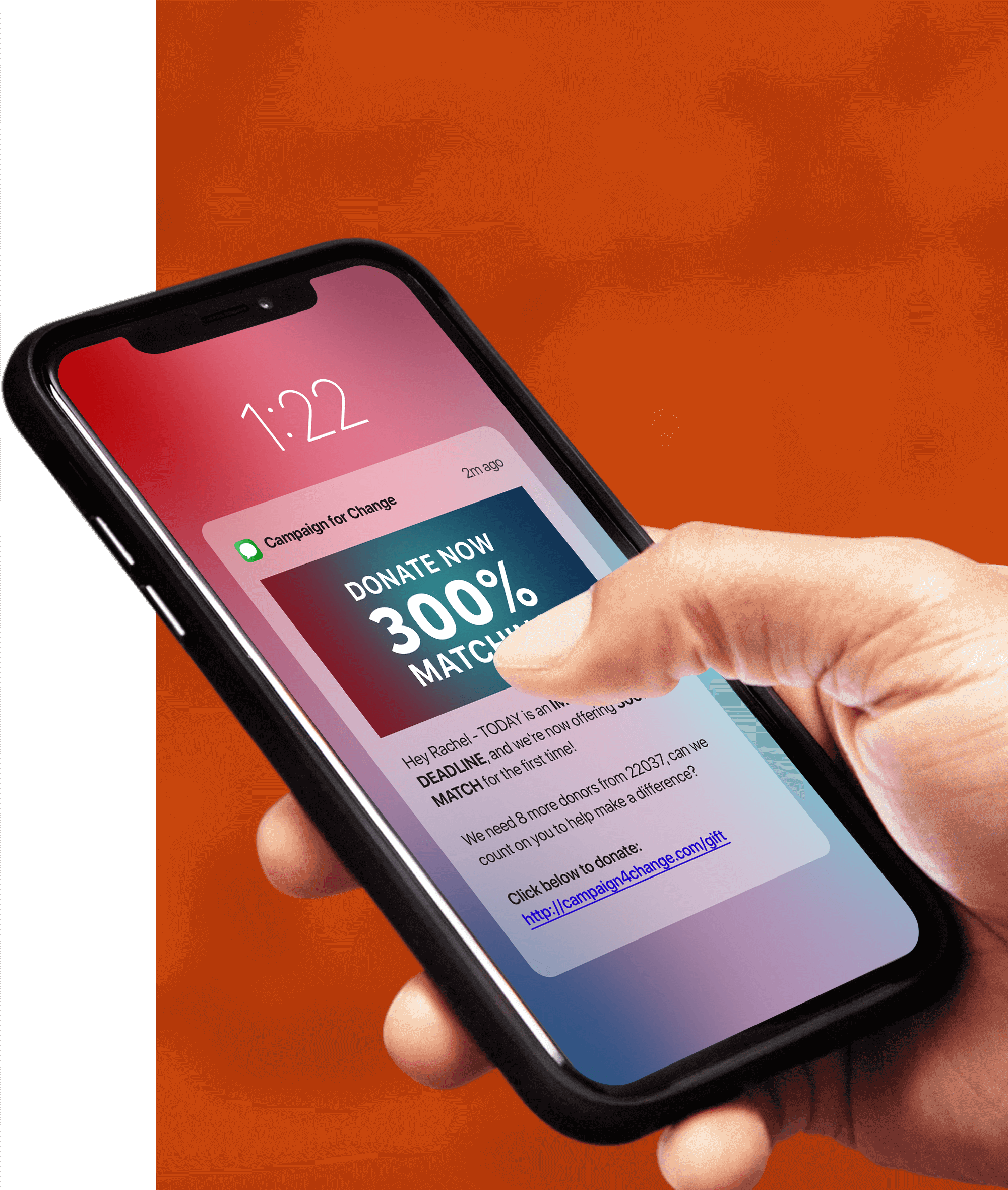2,425 Views
This video is brought to you by Innovista Law, home to the TCPA Defense Force. Innovista's lawyers have helped companies navigate potential TCPA landmines through effective risk-mitigation and compliance strategies.
To learn more about the TCPA and their services, visit www.tcpadefenseforce.com/tatango-partnership
One of the questions that we often hear is about the difference between marketing text messages and informational ones. What is the difference, and why should you care?
Let’s start with the second question. Brands or organizations that are looking into text message marketing need to be careful because the Telephone Consumer Protection Act (TCPA) sets up different levels of required consent for various text messaging content. TCPA rules are different for informational texts versus marketing texts.
The Difference Between Marketing and Informational Text Messages
So what are the differences?
Marketing text messages
In short, you need more consent for marketing text messaging than informational text messaging. The TCPA was passed in 1991 in response to consumer frustrations around irritating and harassing telemarketing calls. Those rules were expanded to regulate text message marketing as well, so it’s only natural that marketing texts would require a higher level of consent. Any form of marketing message needs prior express written consent, which includes: a signature or signature-equivalent, disclaimers regarding which number is approved for consent, and information about the content of the message. The consumer needs to know what they are getting into before consent is given.
Informational text messages
Informational messages are somewhat different. They do not require the same amount of written consent, or the same disclaimers, as marketing messages do. Examples of informational messages include giving your phone number to an airline, which allows the airline to legally call or message you if your flight has been cancelled. Since the airline isn’t messaging you about new flight deals, but simply providing information related to something you have already purchased, the text message is informational. Simply giving these organizations your phone number provides consent for them to send you informational messages.
There is some grey area with informational messaging, however. It’s not uncommon for organizations to attempt to sneak marketing content into an otherwise informational message. This is common for event notifications. If Generic Pub sends out a text saying “Generic Singer is singing tonight at Generic Pub! He will be selling his new album…” then that text might be considered marketing material by a court, because there’s a desire for a product to be sold. Any form of “rewards program” or “loyalty points” messaging is another example. They might look informational, but they are really there to get you to buy something—this exact messaging punished Best Buy in court.
Avoiding TCPA Violations
It’s best to keep away from these grey areas, as they can put you at risk of a TCPA compliance lawsuit, which can be extremely expensive. Consulting with an attorney is something we highly recommend; the law differs in interpretation and enforcement around the country, and an attorney can help navigate that. We’ve also put together this free TCPA Text Message Marketing Survival Guide, and access the TCPA attorneys we provide for customers to help.
